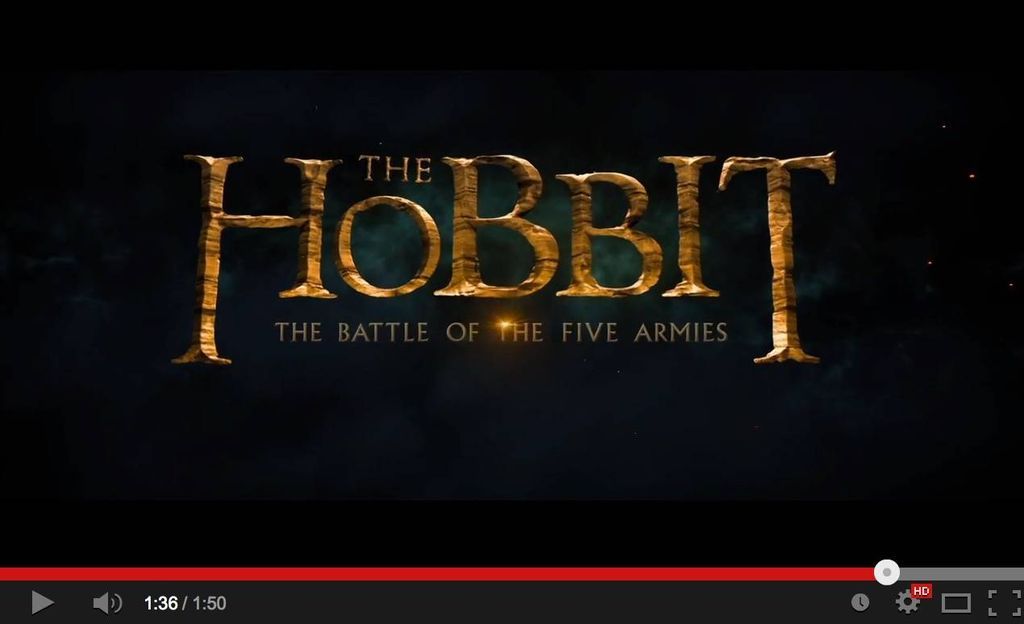
Adventures of a Comic Book Newbie: Tell Me About Comic Book Publishers
Adventures of a Comic Book Newbie is the place where you’ll find a discussion of the fundamental elements of comics and comic culture. If you’re new to comics (or perhaps a seasoned vet eager to get back to the basics), this column will serve as a guide on where to start and what you need to know to get the most out of your comics experience.
Panelteer Swapna: Coming from a traditional book background, the basics of comic books are new to me. In book publishing there are five publishers that publish the majority of books you’ll find at a bookstore and then variously sized smaller presses that publish quite a bit as well. But for the most part, the casual reader needs to know nothing about who published what in order to find a book. Yes, knowing the details can certainly help you find books, but it’s usually not something the casual reader knows (or needs to know).
With comics, I know that’s different
As a person who is mostly new to comic books, I’ve heard of DC and Marvel (mainly through movies), and I know they publish lots o’comics. I know the basics of who they are and what they do, mainly through the recent spate of movies. But what do I need to know about them?

DC is the home of Superman, Batman, and Wonder Woman, as well as the Justice League.
Panelteer Jen: Marvel was, until recently, best known for the X-Men and Wolverine because of the cartoons and movies.

I wish that I could say that none of this matters to somebody who is just starting to explore comics, but—well, it sort of does. If you go into almost any comics shop, and even some chain bookstores, the comics will be sorted primarily not by author or title, but by publisher. So if somebody tells you that you have to check out Matt Fraction’s Hawkeye, or Gail Simone’s Batgirl, that information won’t be much help if you don’t know who published it. (Hawkeye is Marvel, Batgirl is DC). So it helps to get used to carrying that information in your head, when you’re searching for a particular comic.
The final thing to know about the Big Two is that they’re only a small part of the vast universe known as “comics.” There are plenty of other publishers and imprints out there. DC and Marvel aren’t even the only places that publish superhero comics. I don’t say that to dismiss the value of the Big Two. Far from it. I love a lot of these comics, and the characters that come out of them. If you’re thinking about jumping in, I say, the more the merrier. Just remember “Big Two” isn’t the same as “Only Two,” and there is a whole world of comics to explore.
Panelteer Swapna: Okay, so then let’s talk about what else is out there. Most of what I’ve read in comics falls in this category: comics published by not DC or Marvel. For example, I’m a huge fan of Image Comics. How do they fit in?
Panelteer Ali: Image and its importance within comics has an interesting history that I will completely over-simplify for the sake of brevity.

So in the early 90s, a group of well-known creators walked out of Marvel to start their own comics publishing company under the mission that the creators own the rights to (and have creative control over) their own work, not the company. I like to pretend it involved Rob Liefeld in Braveheart face paint yelling “FREEEEEEDOOOOOOM!!!!!!!” as he charged out of the Marvel offices into the streets of Manhattan.
Theses days Image is the largest comics publisher outside of the Big Two and put out over 50 monthly comics titles including the critically acclaimed and fucking awesome Saga, as well as the equally awesome Sex Criminals, Pretty Deadly, Rat Queens, The Wicked + The Divine, Chew, Revival, and a little title you may have seen here or there called The Walking Dead.
One of my favorite things about Image is that they don’t have many capes and tights comics; in fact, they are all over the map when it comes to genre. Of the titles I listed above, the genres cover Sci-fi, Romance, Supernatural, Western, Fantasy, Urban Fantasy, Food, Humor, Horror, and the obligatory Zombies (mostly in that order, but with a lot of crossover).
Caroline touched on this earlier, but the thing to always remember is comics is a medium, not a genre. DC and Marvel pretty much stick to superhero comics as they’ve sold the best and have the strongest fan base, though they both have imprints dedicated to non-superhero stuff as well. But there’s a whole universe of comics outside of capes and tights.
Publishers like Dark Horse, IDW, and Boom Studios that do a lot of licensed comics (Star Wars, Buffy the Vampire Slayer, Doctor Who, Star Trek, the Muppets, Adventure Time, etc.) in addition to some really great original stuff. Oni Press has some of my favorite non-cape comics like Queen and Country, Scott Pilgrim, and The Sixth Gun. They all have a variety of comics you can find on the shelves of your local shop every Wednesday as well as original graphic novels.
Top Shelf and First Second publish a lot of graphic novels or memoirs; they have a bit of a literary fiction slant to their books, stuff like Blankets, Essex County, From Hell, Relish, Boxers & Saints, and Anya’s Ghost. Then there’s Fantagraphics, Drawn & Quarterly, and Nobrow that do these gorgeous art housey collections of European comics and underground stuff.
Basically, there’s a comic out there for everyone. It’s just a matter of finding it. A good local comic shop, like a good bookstore, will be able to help you find something that makes you happy.











